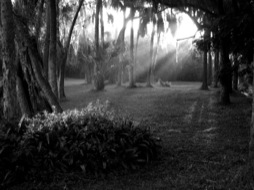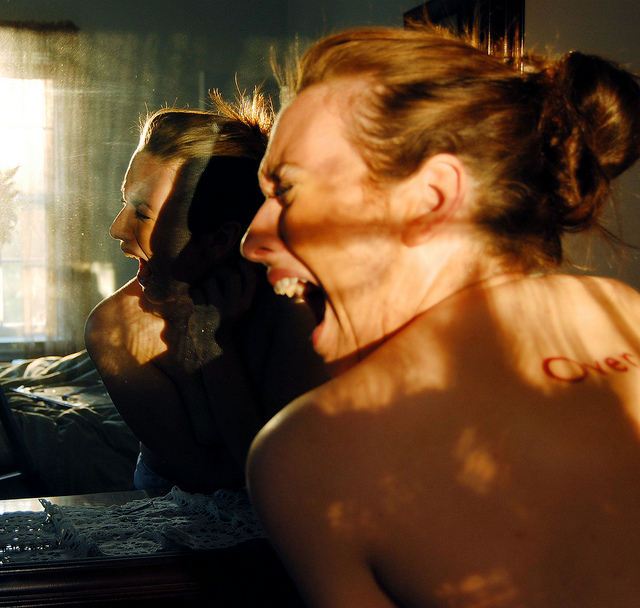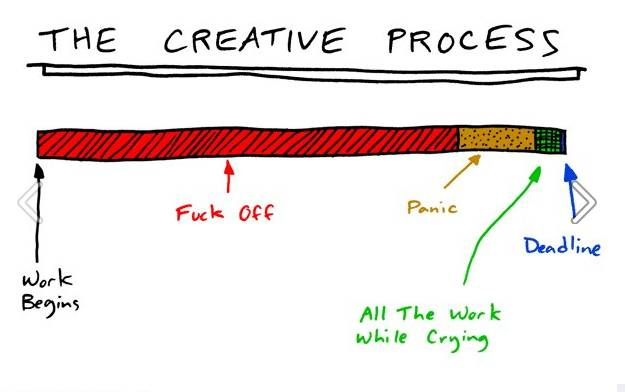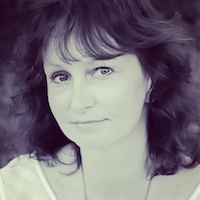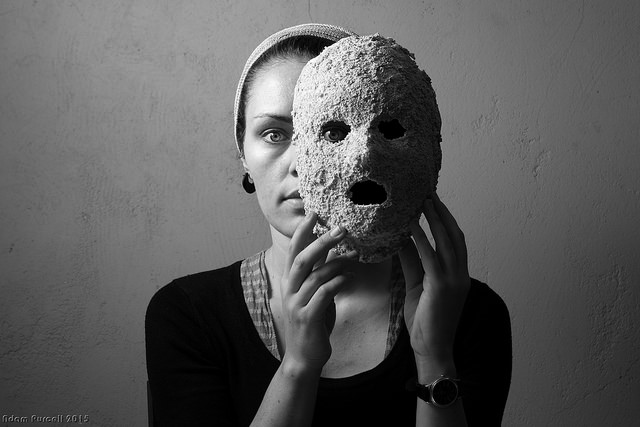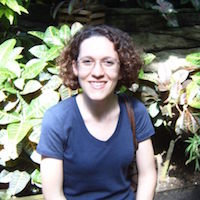
Recently, I learned that when life becomes impossible and the passion we once felt in our career slips away, we must reevaluate the essence of who we are and our purpose in this world.
In my bones, I knew the universe was telling me that I was about to end one part of my journey—even though I did not know what was to follow.
I found solace in the guiding words of our great spiritual teachers:
Pema Chödrön, Archbishop Desmond Tutu, and His Holiness the Dalai Lama. Through their teachings, I learned how to tread patiently in the groundlessness of the unknown, until I was ready for the next step in my journey.
For 10 years, I stayed in a career that I believed was my soul’s calling: teaching.
By nature, I am drawn to helping people in need and standing up for individuals who are victims of social injustice. Teaching as a bilingual elementary school educator placed me directly in their world. I taught in high poverty urban schools and connected with families who were the most in need of support.
I have always considered teaching to be one of the most noble careers, as it reaches all our children—not only in helping develop their minds, but also their hearts. Soon I realized though, that each day teachers must possess a deeply-rooted passion to enter the classroom with a fresh mindset and the patience of an angel.
They must have incredibly thick skin, so that the trauma of one student’s world does not define their presence in the classroom. There is no rest for those who teach. Teachers are true heroes for our children, and they do it all in the hope of creating a more positive world.
There was a time I owned that passion for teaching; I believed that I could reach every child and change our world for the better. I marveled at the gains my students made over the course of the year, and my heartfelt tears always accompanied our goodbyes each June.
However, over the years, something in me was changing. My soul was whispering that something was missing.
The latest state requirements and new school initiatives absorbed the time I needed to dedicate to my students. I found myself spending hours writing student and professional learning goals when I should have been creating innovative and engaging lessons.
The stress mounted as weeks of our learning time was lost in assessing skills that I barely had time to teach. Time with my husband and our two-year-old daughter quickly drained away. Darkness often accompanied my drive home. Finally, when the universe spoke to me through my little girl’s tears and the words, “I miss you, Mommy,” I knew it was time for a change.
Last June, I walked out of the classroom, uncertain of what would be my next step.
For six months, I swam in anxiety and groundlessness. I was questioning everything, feeling lost, and reaching for anything that felt “secure” in this new foreign world.
The relief came when I learned to breathe and accept the moment in its reality, and listen to its guidance.
Our modern day spiritual leaders have blessed me with three teachings that have not only influenced my outlook on life, but also directed my soul’s journey.
It is okay to feel groundless; this is how we grow. Often what prevents us from taking a leap into the unknown is our own ego. Our fear of failure or lack of self-confidence holds us in a stagnant place in our self-development.
Pema Chödrön, an American Buddhist nun, shared the metaphor of our ego being a cocoon.
As she explains:
“We stay in our cocoon because we’re afraid—we’re afraid of our feelings and the reactions that life is going to trigger in us. We’re afraid of what might come at us.”
But, in emerging from that cocoon into groundlessness, she goes on to share that:
“We don’t die; we don’t collapse. In fact, we feel profound relief and freedom.”
I learned that it is in this groundlessness that we grow spiritually and as individuals. If we can continue to have grace with ourselves and remain patient, we learn to be present in the moment rather than worrying about what is to come. We will be able to connect with our mind and the knowledge in our soul.
We learn to stay through meditation.
As I struggled to find peace in the restlessness of not knowing where my life was going, I turned to meditation. As a practicing Catholic, I often used the power of prayer when I was battling life’s latest storm.
I always found encouragement in prayer, but I did not necessarily find the guidance I needed. Then, in reflecting on the words of the American author,
Deepak Chopra, I realized that it was time to stop talking and start listening.
“Prayer is you speaking to God. Meditation is allowing the spirit to speak to you.” ~ Deepak Chopra
I learned that meditation forces us to drop the storyline. As a chronic overthinker, I have created a detailed story line for nearly every event in my life along with a who, a what, and a why. But, according to Pema Chödrön, when we meditate, “We pause, look out, and breathe. Suddenly, we slow down and there’s the world.”
I began to see the world as it truly was and let go of the anxiety of what I thought it should be. I was once again able to hear my soul’s voice and let it guide me forward on my journey.
Change only comes through acceptance.
One of the greatest teachings I now carry with me was shared by the Archbishop Desmond Tutu in a conversation he had with his dear friend, His Holiness the Dalai Lama.
As Desmond Tutu explained:
“We are meant to live in joy. This does not mean that life will be easy or painless. It means that we can turn our faces to the wind and accept that this is the storm we must pass through. We cannot succeed by denying what exists. The acceptance of reality is the only place from which change can begin.”
I found his words to be incredibly powerful. For me to embark on a new direction in my journey, I needed to accept that my soul’s calling was not what I first expected or what others told me it should be. My duty was to let my soul speak its truth and trust in the journey ahead.
Change happened in its own time. When I internalized these teachings, I began to understand my purpose in life.
My passion for writing was suddenly renewed, and it once again gave meaning to the whispers of my heart.
I now saw my highly-sensitive emotions and empathy for others as a gift that could speak of the social injustices that plague our communities. It breathed sighs of the homeless I saw sleeping on frigid concrete sidewalks and of the hungry children who entered my classroom not having eaten since the afternoon before. It beat of families suffering the fire of gun violence and those desperately praying their loved ones would not be deported.
Through writing, my soul awakened a sense of urgency to revive our oneness in humanity and come together in peace. Through this experience, I have learned that life is constantly changing.
If we can become comfortable in the groundlessness and let go of our story lines, we will begin to fulfill our individual journeys.
Listening to the whispers of the universe and the insight of our souls, we will find our true purpose in this life.
Here are some helpful books:
Taking the Leap: Freeing Ourselves from Old Habits and Fears by Pema Chodron; Edited by Sandy Boucher
Shambala Publications Inc., Boulder, CO 2010
The Places That Scare You: A Guide to Fearlessness in Difficult Times by Pema Chodron
Shambala Publications Inc., Boston, MA 2001
The Book of Joy by His Holiness the Dalai Lama; Archbishop Desmond Tutu; Douglas Abrams
Avery, New York, NY 2016
~
Author: Stephanie Mueller
